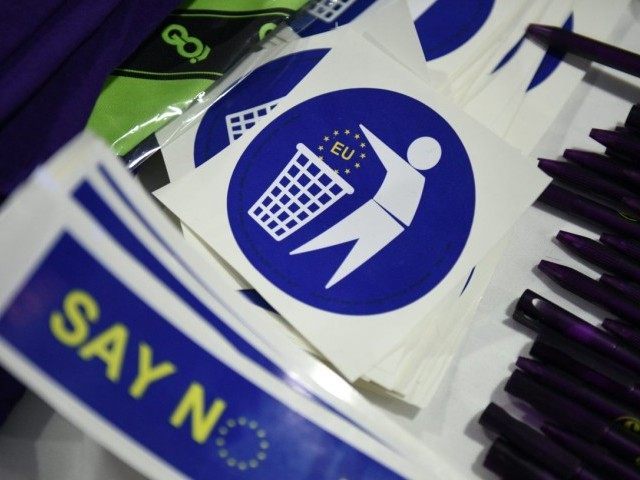The Foreign Secretary Philip Hammond has defended plans to prevent cabinet ministers who back Britain leaving the European Union (EU) from accessing help from the taxpayer-funded civil service. His comments echo the Prime Minister’s own on the matter, but pro-Brexit MPs have vowed not to back down and have summoned the head of the civil service to answer questions.
A row has been simmering in Westminster all week following the leaking of a letter by Cabinet Secretary Sir Jeremy Haywood to fellow senior servants advising them that it “will not be appropriate or permissible for the Civil Service to support Ministers who oppose the Government’s official position” on the referendum question. Pro-Brexit ministers have said the missive sets a “dangerous” precedent.
Conservative MP Bernard Jenkin, who chairs the Commons public administration committee, has asked Sir Jeremy to appear before his committee tomorrow to explain the restrictions.
“This raises questions about the impartiality of the civil service, the direct accountability of ministers for the conduct of their department, and it leads to chaos about what are the agreed facts between different ministers on different sides of the debate,” he said, adding: “I believe it is unprecedented.”
But Mr Hammond has defended the official position, saying: “Whitehall civil servants and Whitehall papers are produced in support of the government’s position on an issue.
“Now, those ministers who want to argue another case are being allowed to do so but the civil service can’t support them in doing that.”
“They’ll have to find their own external support to do that and the Leave campaign will provide them with that capability.”
The situation is unusual in that the cabinet is normally expected to present a united front on all issues. But with a number of ministers having long-held beliefs that Britain would be better off outside the EU, Prime Minister David Cameron was forced to allow his cabinet colleagues the freedom to campaign in line with their beliefs or face a mass-resignation.
Last month Mr Cameron wrote to his colleagues to flesh out the new arrangements, telling them: “It will be the duty of the civil service to support (the government’s position) in the normal way.” He added: “It will not be appropriate or permissible for the civil service or individual civil servants to support ministers who oppose the government’s official position by providing briefings and speech material on this matter.”
But some cabinet ministers have questioned how this will work in practice, as their day to day work involves input from the EU. They have questioned whether the ban will therefore affect their ability to run their departments effectively.
Downing Street has rejected suggestions that the restriction on access to documents will prevent pro-Brexit ministers from carrying out their ministerial duties, saying: “There is no ban on ministers who support Leave receiving government papers.
“Day-to-day EU business will continue to be conducted in the usual way and all ministers will retain access to any papers relevant to their departments.
“It is only papers specifically relating to the EU referendum that they will not receive and that reflects the fact that the government has taken a position and they are choosing to take a different one.”
But a Whitehall source has questioned how this can work in reality, telling the Daily Mail: “This means officials are required to assess the intention of ministers before determining whether to give them papers, to police our ministers and make judgements about to what extent documents have a bearing on the referendum…
“Ministers who have declared they want to leave the EU are responsible for a whole range of Europe-related policy… How can they make responsible decisions if officials withhold information which would inform their decisions?”
Minister for rural affairs George Eustice has also voiced concerns, telling the BBC: “If there’s a contentious issue emerging from Europe … and there needs to be a decision as to whether we challenge that … this is the sort of bread and butter decisions that ministers like me and a department like Defra have to take.
“Absolutely we have to have 100 percent access to those sorts of documents. And it would be very dangerous … for the civil service to get into a position of saying there’s a type of minister who can’t have access to this information.
“Otherwise, what you’re really saying is Eurosceptic ministers can’t be part of the Government in future … that’s a very dangerous scenario to get into.”

COMMENTS
Please let us know if you're having issues with commenting.